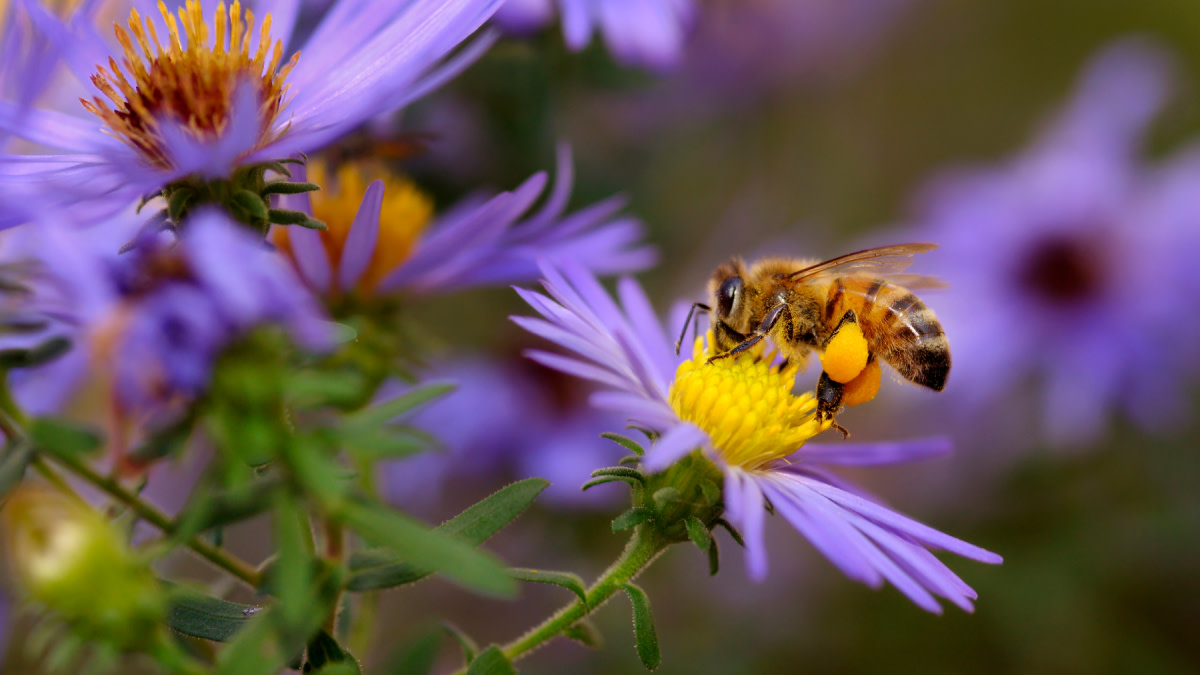
You have many options to get free copies of Virginia Cooperative Extension publications. These publications are free for the general public and can be reproduced with a citation. They are provided free of charge. Authors can purchase copies to distribute. Faculty members and staff can purchase printed copies from the VCE Storefront. All Virginia Cooperative Extension publications may be downloaded for free from the VCE site.
The Virginia Cooperative Extension Service (VCES) focuses on agriculture, agribusiness, home economics, community resource development, and 4-H Clubs. Extension is a program that combines federal, state, local and international programs. It seeks to make the best use of the knowledge generated by land-grant Universities and to help citizens access this information. An example of an extension program is the Virginia Agricultural Experiment Station.

Insect Identification Services – The Virginia Cooperative Extension offers a Plant Disease Clinic that can identify and treat pathogens. The clinic can diagnose a variety environmental issues and plants. It can identify weeds as well mushrooms. They can even analyse digital photographs of plants or insects for identification. There are many publications published by the Cooperative Extension. You will be able find the one that suits your needs.
The key component of vegetable gardening is the selection of the best planting date. Since vegetables vary so widely in their preferred growing conditions and tolerance of extreme temperatures, selecting the right planting date is vital to a successful crop. USDA Plant Hardiness Zones will assist you in choosing the right planting date for your area. The publication will also provide you with specific guidelines regarding plant spacing, seeding, and the number of plants per 10-foot row. This information is vital for a successful garden.
A home garden can provide a pleasant experience for apple growing. You will need to know the characteristics of the trees so that you can grow them in your garden. A good soil that is well-drained will not only prevent disease but also increase the quality of your crop. Virginia Cooperative Extension provides a variety of technical and educational resources for gardeners and farmers. You can also find many online resources for home gardeners in addition to printed publications.

Virginia's topography and its large area allows for many varieties of fruit to grow. On average, 13,774 acres are used for apple production in Virginia. Peaches are grown annually on an average of 175 acre. Virginia's total peach and sweet-and-tart cherry orchards is 99 acres. Their annual apple and peach crop is sixth in the country. State's peach production estimated at $35 Million.
FAQ
What type of lighting is best to grow plants indoors?
Because they emit less heat than traditional incandescent bulbs, Florescent lights are ideal for indoor plant growth. They can also provide steady lighting without flickering and dimming. Fluorescent bulbs can be purchased in regular and compact fluorescent versions. CFLs can use up to 75% more energy than traditional bulbs.
Which seeds should you start indoors?
Tomato seeds are the best choice for starting indoors. Tomatoes can be grown quickly and they bear fruit all year. It is important to be careful when planting tomatoes in containers. You should not plant tomatoes too soon. The soil can dry out, and the roots could rot. Be aware of diseases like bacterial wilt which can quickly kill plants.
What month is the best time to start a garden?
From April to June is the best season for vegetables. This is the best time to plant vegetables. The soil is warmer and plants grow faster. If you live outside of a warm climate, you might be better off waiting until July or August.
How often should my indoor plants be watered?
Indoor plants need watering every two days. It is important to maintain the humidity level in your home. Humidity can be vital for plants that are healthy.
Do I need any special equipment?
No, not really. You only need a trowel, shovel, watering can, and a rake.
Statistics
- 80% of residents spent a lifetime as large-scale farmers (or working on farms) using many chemicals believed to be cancerous today. (acountrygirlslife.com)
- According to a survey from the National Gardening Association, upward of 18 million novice gardeners have picked up a shovel since 2020. (wsj.com)
- Today, 80 percent of all corn grown in North America is from GMO seed that is planted and sprayed with Roundup. - parkseed.com
- As the price of fruit and vegetables is expected to rise by 8% after Brexit, the idea of growing your own is now better than ever. (countryliving.com)
External Links
How To
How can I keep weeds at bay in my vegetable yard?
Weeds are one of the biggest threats to growing healthy vegetables. They compete for space, water, nutrients, sun, and sunlight. To prevent them from taking over your garden, use these tips:
-
Take out all flowering plants
-
Take out any plant debris from the base of your plant
-
Mulch
-
Get enough water
-
Rotate crops
-
Don't let the grass grow too long
-
Keep soil moist
-
Plant early
-
Harvest often
-
Mix compost
-
Avoid chemical pesticides
-
Produce organic vegetables
-
Heirloom Seeds Available
-
Start small
-
Learn more about companion planting
-
Be patient
-
Enjoy gardening!